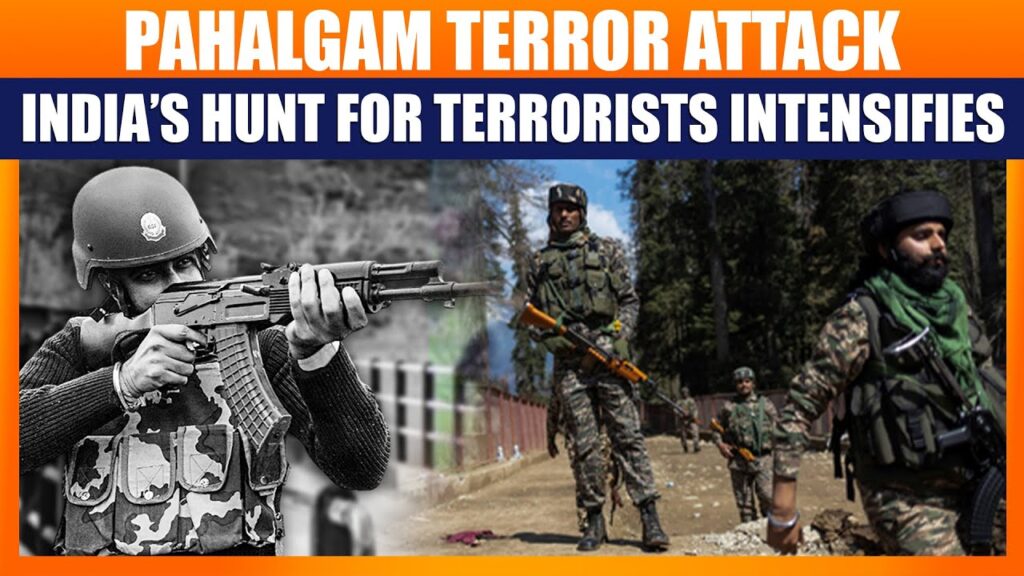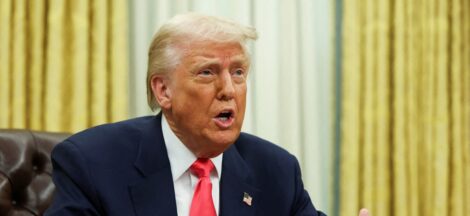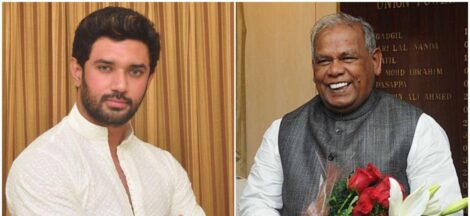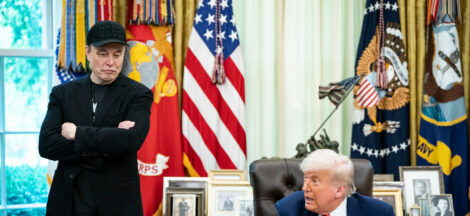
Leaders of the BRICS grouping delivered a firm rebuke of the 22 April terror attack in Pahalgam—where 26 tourists were killed—and pledged a unified approach to uprooting terrorism. The declaration, adopted at the summit in Rio de Janeiro, expressed “strong condemnation of any acts of terrorism as criminal and unjustifiable” and reaffirmed support for zero tolerance towards cross‑border terrorism, financing and safe havens.
Prime Minister Narendra Modi described the Pahalgam incident as “a direct attack on the soul, identity and dignity of India,” emphasising that “condemning terrorism must be a principle, not a convenience.” He warned that nations which support terrorism “must pay the price”.
The declaration triggered diplomatic ripples, notably with China’s historical resistance to UN designations of Pakistan‑linked terror entities. While the communique refrains from naming any country, its pointed language on cross‑border terror is widely interpreted as a reference to Pakistan’s alleged involvement.
BRICS voiced a call for swift adoption of the Comprehensive Convention on International Terrorism under UN auspices, and pledged to take concerted action against every terror organisation listed by the UN. The leaders welcomed the efforts of their Counter‑Terrorism Working Group, alongside its five subgroups, under the umbrella of strategic action plans.
The Pahalgam attack—attributed to The Resistance Front, thought to be an offshoot of Lashkar‑e‑Taiba—escalated tensions sharply between India and Pakistan. It led to retaliatory operations like ‘Sindoor’, diplomatic expulsions, the suspension of the Indus Waters Treaty, and air strikes in Pakistan earlier this month.
International reaction immediately following the tragedy included condemnation from the UN, the USA, the UK, France, Germany, Israel, Australia, China and the UAE—all expressing solidarity with India and demanding perpetrators be held accountable. Bilateral support also followed, with Russia expressing solidarity with India’s anti‑terror stance, and External Affairs Minister Jaishankar reaffirming that perpetrators would never be equated with their victims, while thanking the UK government for its supportive statement.
Within BRICS, leaders insisted that terrorism must never be associated with any religion, nationality, civilisation or ethnic group, and demanded that supporters and financiers of terror face justice under national and international law.
This joint declaration marks the strongest language on terrorism by BRICS to date. It underscores the group’s commitment to multilateralism, sovereignty, and the equal responsibility of states in addressing cross‑border terror threats. It also signals potential friction with nations preferring bilateral frameworks or hesitant to single out state sponsors of terrorism in multilateral forums.
BRICS’ demand for action against UN‑designated terror entities may now challenge entrenched positions within the UN Security Council—where permanent members and veto powers hold influence over sanction listings—and could shift the global dynamics of terror accountability.




 X Restores Withheld Reuters and TRT World Accounts in India
X Restores Withheld Reuters and TRT World Accounts in India 